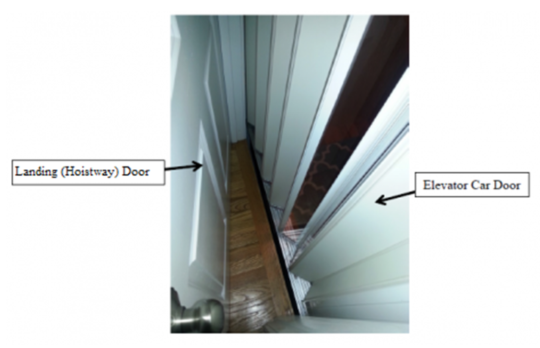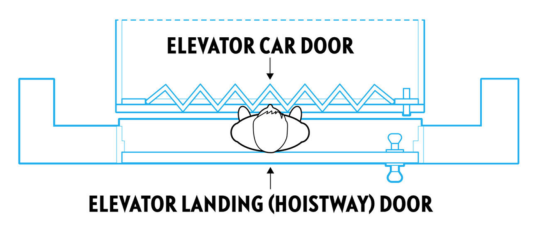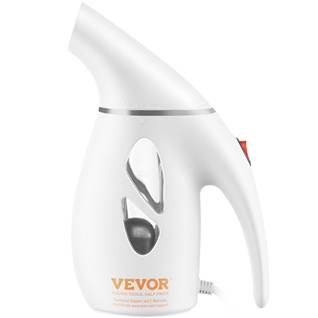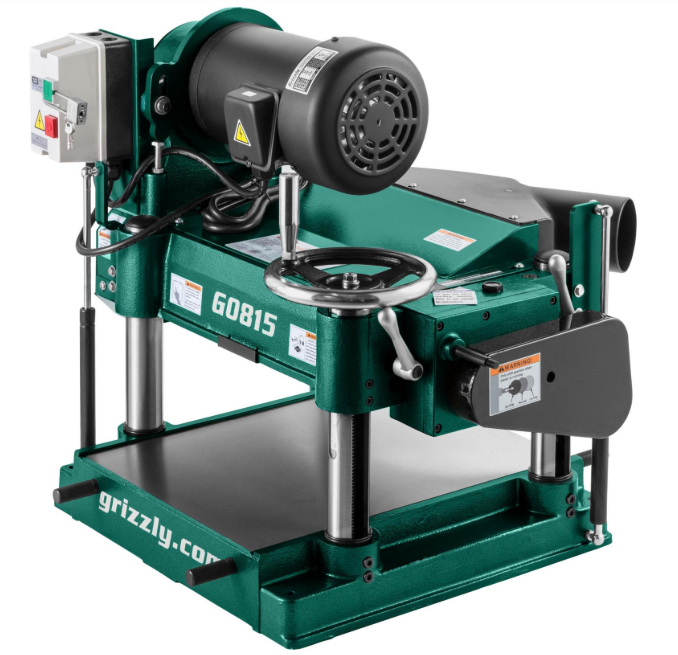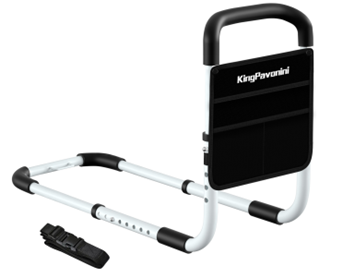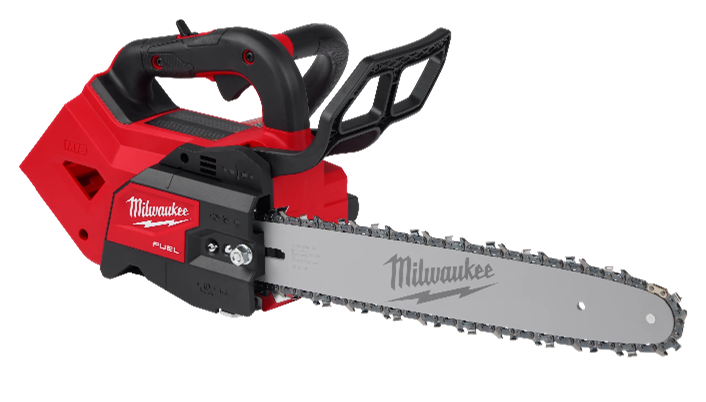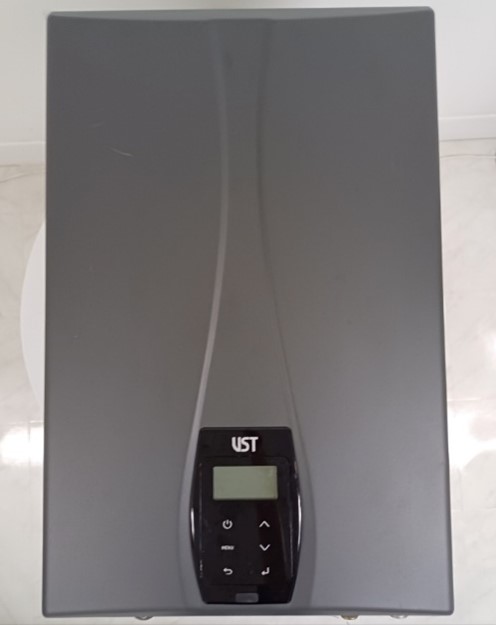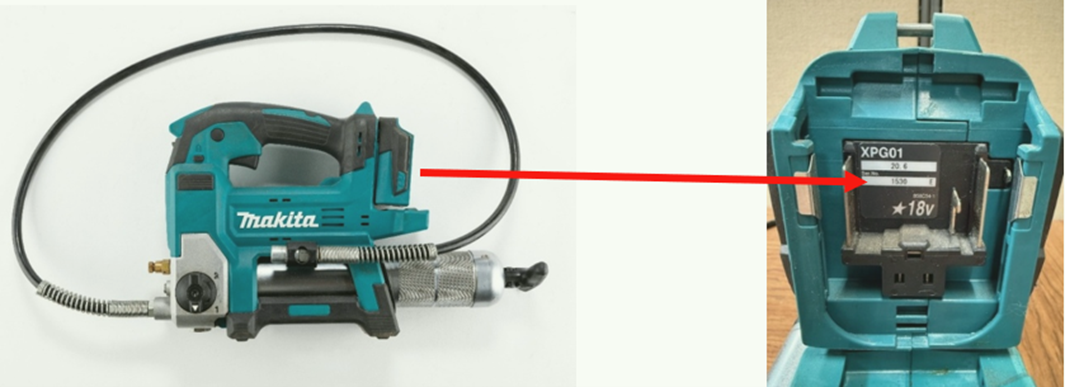Children can become entrapped in residential elevator gaps larger than four inches between the exterior landing (hoistway) door and the interior elevator car door or gate, and can die or suffer serious injuries when the elevator is called to another floor.
This is an issue that affects residential elevators broadly. Children can fit into what may appear to be a small gap between the exterior landing (hoistway) door and the elevator door. Consumers should have a safety device, such as a space guard, installed to eliminate any hazardous gaps.
CPSC urges homeowners with Waupaca residential elevators to lock the elevator, or lock all exterior landing (hoistway) doors to the elevator, to prevent children from accessing the elevator until a local elevator service company or qualified inspector can examine the elevator to ensure that the space between the doors complies with the requirements of ASME A17.3-2017 Safety Code for Existing Elevator and Escalators.
Product Safety Warning Details
Waupaca Elevator Company, Inc.’s assets were sold through a receivership proceeding to Wisconsin Elevator Company, LLC d/b/a Fox Valley Elevator.
CPSC urges homeowners with Waupaca residential elevators to lock the elevator, or lock all exterior landing (hoistway) doors to the elevator, to prevent children from accessing the elevator until a local elevator service company or qualified inspector can examine the elevator to ensure that no hazardous gaps exist.
WASHINGTON, D.C. – The U.S. Consumer Product Safety Commission (CPSC) is warning consumers about deadly hazards posed by Waupaca Elevator Company, Inc. residential elevators. These Waupaca elevators were manufactured and distributed beginning in 1979 through to the present and sold for between $18,000 and $30,000. Models include the 008, 010, 014, 015, 016, 018, 021, 022, 110, 114, 115, 116, 118, and 210 models.
Children can become entrapped in residential elevator gaps larger than four inches between the exterior landing (hoistway) door and the interior elevator car door or gate, and can die or suffer serious injuries when the elevator is called to another floor. During the summer of 2021, three children were entrapped in other manufacturers’ residential elevators; one of them, a 7-year-old, was fatally crushed by an elevator in a vacation home.
This is an issue that affects residential elevators broadly. Children can fit into what may appear to be a small gap between the exterior landing (hoistway) door and the elevator door. Consumers should have a safety device, such as a space guard, installed to eliminate any hazardous gaps.
CPSC has been issuing warnings about the hazard posed by residential elevators since 2019, and today is announcing that three other companies have agreed to contact their customers and fix all elevators that have a hazardous gap as part of a recall:
CPSC is aware of one incident from 2011 that involved a Waupaca residential elevator. A 4-year-old child became trapped between the hoistway door and the Waupaca model 014 elevator car door. The child was found dangling in the elevator shaft, upside down, with his foot lodged between the elevator car and the elevator shaft on the third floor. The child suffered physical scarring and permanent vision loss as a result of the incident. CPSC requested that Waupaca join the recall being announced today, but the company refused.
CPSC urges homeowners with Waupaca residential elevators to lock the elevator, or lock all exterior landing (hoistway) doors to the elevator, to prevent children from accessing the elevator until a local elevator service company or qualified inspector can examine the elevator to ensure that the space between the doors complies with the requirements of ASME A17.3-2017 Safety Code for Existing Elevator and Escalators. Consumers may visit https://naesai.org/search to find a qualified inspector in their area.
Waupaca, in cooperation with CPSC, previously recalled Waupaca residential elevators in October 2018 and issued a warning in July 2021 for a hazard associated with the elevators falling unexpectedly, including one resulting in a death. Since October 2018, Waupaca has been working with its dealers to install overspeed safety devices on recalled elevators. CPSC advises consumers to report any safety incident involving residential elevators at www.SaferProducts.gov.
Under section 6(b) of the Consumer Product Safety Act, CPSC is required to include with this press release any comments or other information provided by the company or a summary thereof. Waupaca has stated to the Commission that it does not have the financial resources required to satisfy a recall to address elevator gaps. Waupaca’s financial situation has resulted in the company obtaining a court order appointing a receivership over its assets and operations. Waupaca has stated to the Commission its position that, in the 2011 incident, the Waupaca elevator was not installed pursuant to the applicable code. Waupaca further has stated that it joins the CPSC in urging owners of Waupaca elevators to make arrangements for the inspection and repair of residential elevators to address elevator gaps, and to install overspeed braking devices.
CPSC is aware of one incident from 2011 that involved a Waupaca residential elevator. A 4-year-old child became trapped between the hoistway door and the Waupaca model 014 elevator car door. The child was found dangling in the elevator shaft, upside down, with his foot lodged between the elevator car and the elevator shaft on the third floor. The child suffered physical scarring and permanent vision loss as a result of the incident. CPSC requested that Waupaca join the recall being announced today, but the company refused. During the summer of 2021, three children were entrapped in other manufacturers’ residential elevators; one of them, a 7-year-old, was fatally crushed by an elevator in a vacation home.
Note: Individual Commissioners may have statements related to this topic. Please visit www.cpsc.gov/commissioners to search for statements related to this or other topics.
The U.S. Consumer Product Safety Commission (CPSC) is charged with protecting the public from unreasonable risk of injury associated with the use of thousands of types of consumer products. Deaths, injuries, and property damage from consumer product-related incidents cost the nation more than $1 trillion annually. Since the CPSC was established more than 50 years ago, it has worked to ensure the safety of consumer products, which has contributed to a decline in injuries associated with these products.
Federal law prohibits any person from selling products subject to a Commission ordered recall or a voluntary recall undertaken in consultation with the CPSC.
For lifesaving information:
- Visit CPSC.gov.
- Sign up to receive our email alerts.
- Follow us on Facebook, Instagram, X, BlueSky, Threads, LinkedIn and Truth Social.
- Report a dangerous product or product-related injury on www.SaferProducts.gov.
- Call CPSC’s Hotline at 800-638-2772 (TTY 800-638-8270).
- Contact a media specialist.


